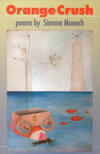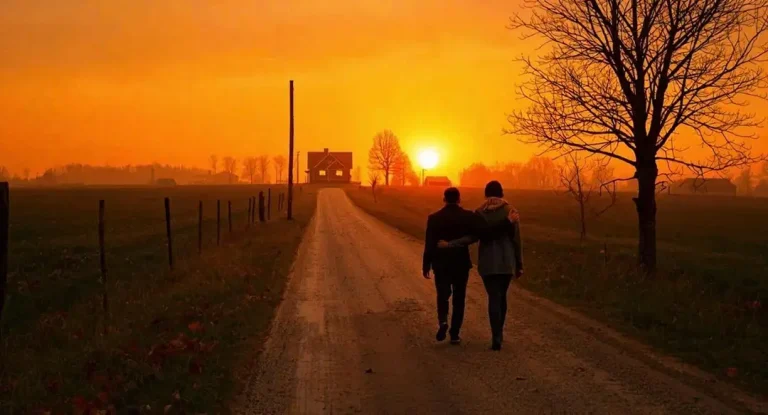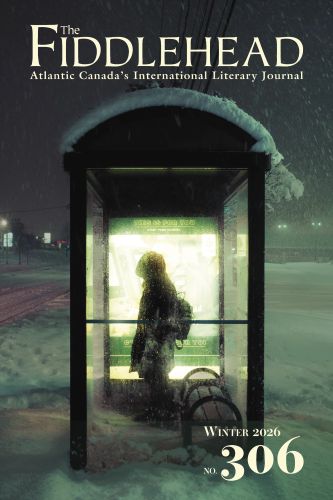I too am a fan of certain horror films, an admission that seems appropriate in the context of this review not only because the same sentiment is expressed in Simone Muench’s Author’s Note, but also because her third collection, Orange Crush, has much of the same pleasures as the best horror films – images and lines that shine sharp and precise as moonlight on knives, a simultaneous yearning for and horror at the body and its desires, a voluptuous darkness, and – almost everywhere – lost girls.
I too am a fan of certain horror films, an admission that seems appropriate in the context of this review not only because the same sentiment is expressed in Simone Muench’s Author’s Note, but also because her third collection, Orange Crush, has much of the same pleasures as the best horror films – images and lines that shine sharp and precise as moonlight on knives, a simultaneous yearning for and horror at the body and its desires, a voluptuous darkness, and – almost everywhere – lost girls.
The book begins by giving us a setting: “in a small small town,” trouble not only arrives and settles in, but also sings as it brings with it “greasy ungenerous things” like the dead animals clogging the river and babies born deformed or dead (“Hex”). This Grand Guignol spectacle continues throughout the collection, finding particular strength in poems that, like most horror movies, depict dead or dying young women. Muench’s poetry, however, unlike many films in that genre, is neither exploitative nor crass – rather, she gives these girls their own kind of power. The “fever-damaged girls” who “light up in a row” in “Psalm,” are both a potential threatening lure for the doctor and seem to echo, later on, the “drowned brides” of “Bind” who, by the poem’s end, drag “sailors and map-makers / …..sinking” down into the water where, clearly, they too will drown.
The book’s strongest sequences are the two long poems “Orange Girl Suite” and “Orange Girl Cast.” For the first, Muench uses as a departure point the seventeenth century women who stood outside theaters to sell oranges (and, perhaps – for the right price – themselves). From this forgotten history, she creates a nightmare narrative where various women face threats in a landscape where “the sky’s cotton candy / melting in a girl’s cold mouth.” “Orange Girl Cast,” on the other hand, portrays women whose power, sexual and otherwise, gives them the upper hand in most of the depicted situations, including having the power to leave, to be free. In each of the poems in this collection Muench creates a small place where “we nightmared together” (“Where Does Your Body Rest?”). I suggest that you join her. Her world is a dark one, but beautiful.





